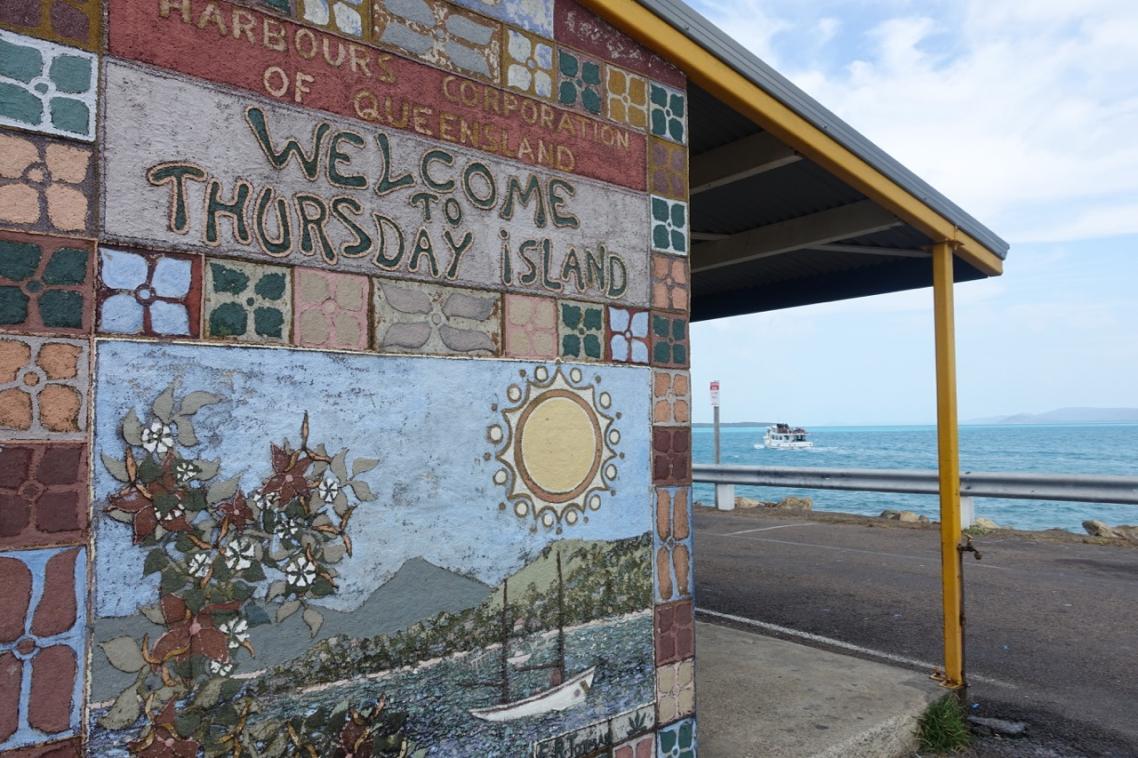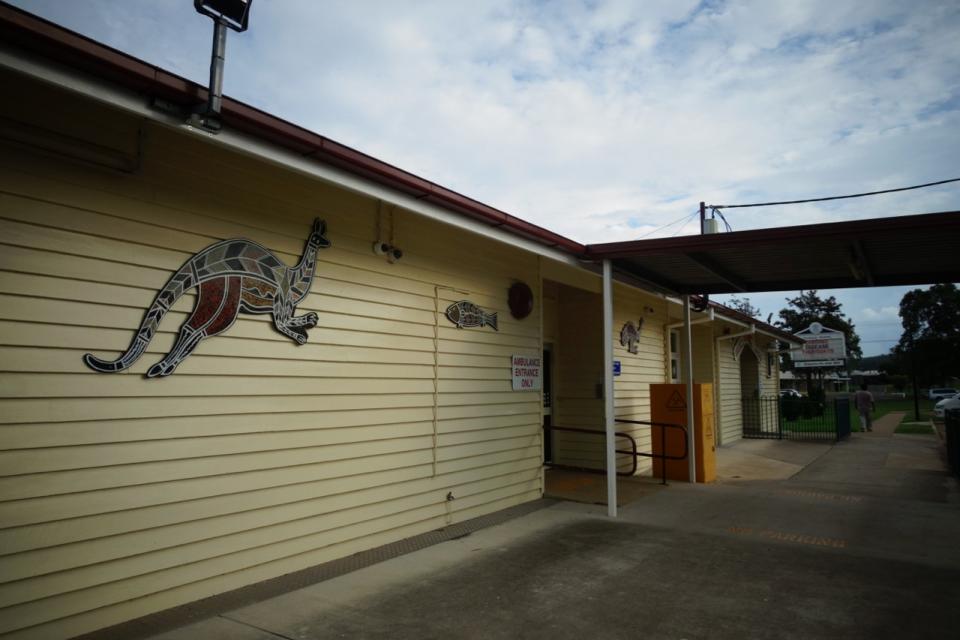Telehealth closes the gap on Indigenous health

An integrated telehealth service could help close the gap for Indigenous Australians with dementia living in rural and remote communities.
The University of Queensland’s Centre for Online Health is working with Aboriginal and Torres Strait Islander health services on a new telehealth-supported project.
Centre Director Professor Anthony Smith said the service would provide specialist geriatric consultations via videoconference for people with dementia and their carers living in rural and remote areas of Queensland.
“Aboriginal and Torres Strait Islander people as young as 45 are being diagnosed with dementia, and Indigenous people experience the disease at a rate three to five times higher than the general population,” Professor Smith said.
The service, based at Brisbane’s Princess Alexandra Hospital and Cairns Hospital, aims to provide earlier diagnosis and better treatment.
Cunnamulla Aboriginal Corporation for Health CEO Kerry Crumblin said areas previously not covered by specialist services would benefit from the program, and patients at high risk could be targeted.

Indigenous health workers will receive support from the Dementia, Regional and Remote, Empowering, Aboriginal and Torres Strait, Medicine, Telehealth (DREAMT) project team to provide education, awareness and prevention programs.
The DREAMT project is funded by the Department of Health, Dementia and Aged Care Services Fund.
Image above: Cherbourg Hospital
Media: Christine Howard, DREAMT Project Manager, Christine.howard@uq.edu.au, +61 7 731764486, UQ Medicine, med.media@uq.edu.au, +61 7 33655133.
Topics
Related articles

Should you consent to your doctor using an AI scribe? Here’s what you should know.

How a drone delivering medicine might just save your life
Media contact
UQ Communications
communications@uq.edu.au
+61 429 056 139
